stephenk
TPF Noob!
- Joined
- Apr 16, 2010
- Messages
- 5
- Reaction score
- 0
- Location
- USA
- Can others edit my Photos
- Photos NOT OK to edit
I am new to photography. I recently picked up a used Canon EOS Rebel 2000 35mm Film SLR with a 20-80mm lens. I've never used an SLR camera or done much photography, but I'd really like to learn using my film SLR before I invest in a good dSLR. I've decided I would practice for a while on color film (I picked up some ISO 200 color film since I'm mostly interested in outdoor photography) and have those processed at a photo lab. Once I learn the ins and outs of the camera and have a bit more experience shooting in this way, I'd like to buy some dark room equipment and B&W film and learn to develop and print my own B&W photos. Once I become accustomed to that, I'd like to buy a DSLR. I have the following questions:
1. What are some needed accessories for the camera I listed above?
2. What are some good books, video series, etc that teach basic film photography and B&W developing and printing ( I don't have any classes in my area)
3. What is a good budget to lay out for a home dark room and what sort of materials should I look into and learn about?
4. Will lenses I purchase for my canon EOS rebel 2000 work with other Canon cameras for when I am ready to upgrade to a DSLR?
5. How do I know when I'm ready to go for a DSLR?
6. Where do you find B&W film? I've had trouble actually locating it.
7. How is the process for developing and printing black and white photographs different from the process of doing the same with color?
1. What are some needed accessories for the camera I listed above?
2. What are some good books, video series, etc that teach basic film photography and B&W developing and printing ( I don't have any classes in my area)
3. What is a good budget to lay out for a home dark room and what sort of materials should I look into and learn about?
4. Will lenses I purchase for my canon EOS rebel 2000 work with other Canon cameras for when I am ready to upgrade to a DSLR?
5. How do I know when I'm ready to go for a DSLR?
6. Where do you find B&W film? I've had trouble actually locating it.
7. How is the process for developing and printing black and white photographs different from the process of doing the same with color?
Last edited:



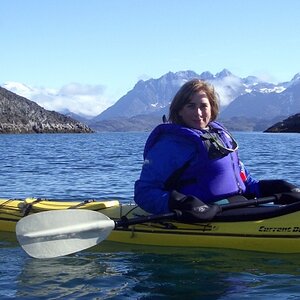
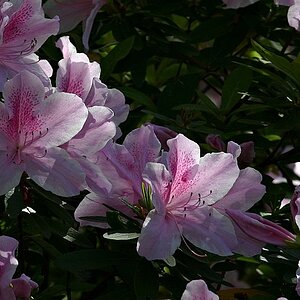
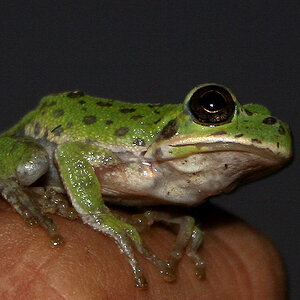
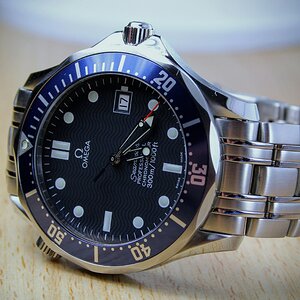
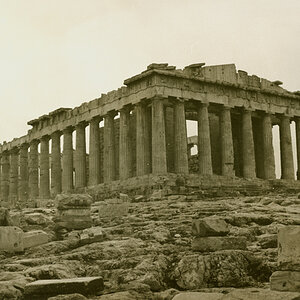
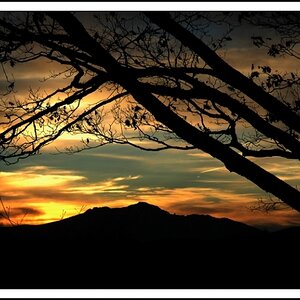
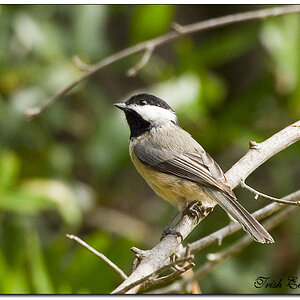
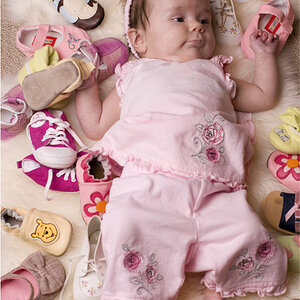
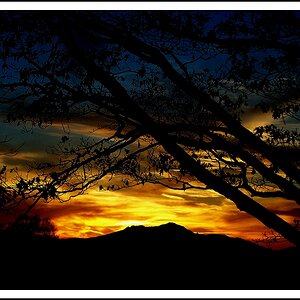
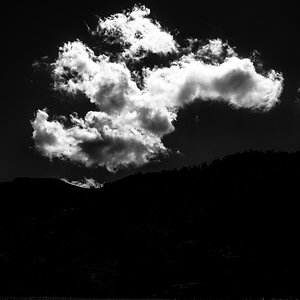
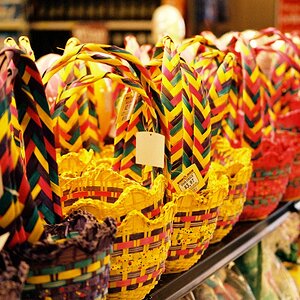
![[No title]](/data/xfmg/thumbnail/34/34039-a3bf38301d5ee5f8b658c43a86558500.jpg?1619736250)